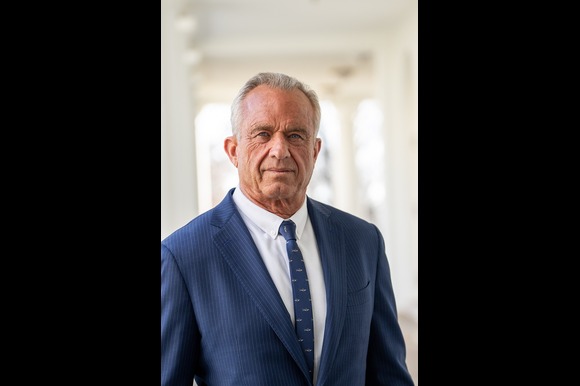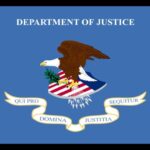The US Department of Health and Human Services (HHS) has announced plans to cancel $500 million (£376 million) in funding for the development of mRNA vaccines targeting viruses responsible for diseases like Covid-19 and influenza. This funding cut will affect 22 projects led by major pharmaceutical companies, including Pfizer and Moderna, which are working on vaccines for diseases such as bird flu and other respiratory viruses.
The decision, spearheaded by Health Secretary Robert F. Kennedy Jr., a vocal vaccine skeptic, comes after his claims that “mRNA technology poses more risks than benefits” in addressing these respiratory illnesses. Kennedy’s stance has raised concerns, especially as the development of mRNA vaccines played a key role in curbing the Covid-19 pandemic and saving millions of lives.
Kennedy defended his actions, saying his team had “reviewed the science, listened to experts, and acted.” He argued that the data shows these vaccines fail to provide sufficient protection against diseases like Covid-19 and the flu, adding that mRNA technology could even contribute to the emergence of new mutations in viruses, potentially prolonging pandemics as viruses evolve to escape vaccine-induced immunity.
Despite Kennedy’s assertions, many health professionals have strongly criticized his views on vaccines, calling his long-standing skepticism dangerous. Peter Lurie, a former official at the U.S. Food and Drug Administration (FDA), condemned the move, telling the BBC that the U.S. was “turning its back on one of the most promising tools to fight the next pandemic.” Lurie emphasized that mRNA vaccines were pivotal in the rapid response to Covid-19, offering an invaluable tool to prevent severe illness and death.
While mRNA vaccines teach cells to create proteins that trigger immune responses, vaccines like those developed by Moderna and Pfizer underwent extensive clinical trials involving thousands of participants, which proved their safety and efficacy. The HHS’s decision to cancel funding will refocus efforts within its Biomedical Advanced Research and Development Authority (BARDA) on developing “platforms with stronger safety records and transparent clinical and manufacturing data practices.” This includes vaccines that use inactivated viruses to stimulate immune responses.
Kennedy, in his statement, explained that the redirected funds would go toward “safer, broader vaccine platforms” designed to remain effective as viruses mutate. However, health experts have argued that viruses, including the flu virus, mutate every year regardless of the presence of vaccines. Dr. Paul Offit, the director of the Vaccine Education Center at Children’s Hospital of Philadelphia, dismissed Kennedy’s claims, describing mRNA vaccines as “remarkably safe” and essential for preventing severe infections from viruses like Covid-19.
Dr. Offit, who invented the rotavirus vaccine, also warned that cutting funding for mRNA vaccine development could leave the U.S. unprepared for future pandemics. He noted that mRNA vaccines have a significantly shorter development cycle compared to traditional vaccines, making them crucial in responding quickly to emerging infectious diseases.
Kennedy’s move to overhaul vaccine policy extends beyond funding cuts. Since taking office, he has implemented a number of changes within the HHS, including firing all 17 members of the Advisory Committee on Immunization Practices (ACIP), a panel responsible for issuing vaccine recommendations. In their place, Kennedy appointed individuals who have voiced concerns over vaccine safety. Additionally, he removed the Covid-19 vaccine from the Centers for Disease Control and Prevention’s (CDC) recommended immunization schedule for healthy children and pregnant women.
As the debate over vaccine safety and efficacy continues, the cancellation of this funding marks a significant shift in the U.S. government’s approach to vaccine development, potentially altering the future landscape of public health preparedness.






